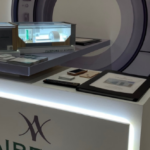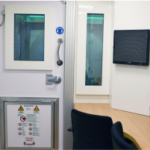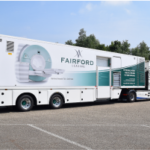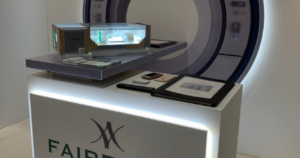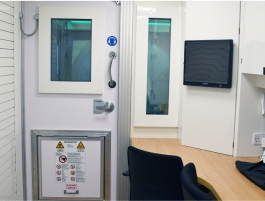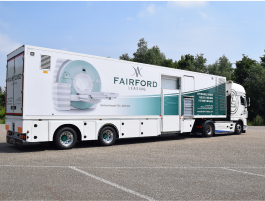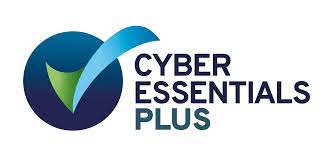If you have an analytical mind, boast strong attention to detail and are seeking a career in which the work you do will make an impact, radiology could be the one for you. A highly rewarding profession, clinical radiology is both a diagnostic specialty and interventional specialty; it has direct links to almost every department in a hospital environment. Thanks to technological innovation and increased availability of imaging techniques, the profession of a radiologist has come a long way in recent years, bringing new efficiencies, opportunities and challenges alongside.
Today, the remit of a clinical radiologist would be unrecognisable to those who began as trainees before the turn of the century. With the massive growth in applications of radiological imaging treatments, has come a growing shortage of trained radiologists. For newly trained professionals, it means a welcome surge in demand for their unique skill-set. If you’re eager to kick-start your career in radiology, it’s likely you have a number of questions regarding the scope of the role, the qualifications needed and what separates the wheat from the chaff in this changing profession.
With this in mind, let’s explore the common career path of a radiologist to determine where best to begin and what skills you will need:
GETTING QUALIFIED
Like most healthcare careers, the profession of radiology begins with full-time study. To become a clinical radiologist, your journey begins with a degree in medicine recognised by the General Medical Council, which usually takes five to six years. If you’ve already graduated with a 2:1 or above in another science-related subject, you may be able to apply for a medical graduate entry programme. From here, you will need to complete a two-year Foundation Training programme in which you will work as a junior doctor across various departments. During your two-year Foundation Training as a junior doctor, you’ll need to choose a radiology placement that will give you a good insight into the work.
GETTING WORK EXPERIENCE
Building up your medical CV with relevant experience is essential in demonstrating your commitment to pursuing a career in radiology and can help you gain invaluable insight into the physical and emotional demands of the profession. Prior to applying for a medical degree, it’s a good idea to get a little bit of experience under your belt – either paid or voluntary – in areas relevant to healthcare to give you an idea of your future working environment. Perhaps you will volunteer at your local nursing home, or you could apply for work experience at your local hospital or GP surgery. In any case, evidence of working in the medical sector will signal to employers that your experience of radiology and medicine in general extends beyond textbooks and that you understand the nuances of the profession.
UNDERTAKING SPECIALTY TRAINING
It may seem like a long-road to qualification in radiology, but the rewarding nature of the profession is worth the wait. Having completed a Foundation Training programme, you will move into radiology specialty training: this will take five or six years depending on whether you wish to pursue diagnostic or interventional radiology. If it’s diagnostic radiology you’ve chosen, your training will consist of several areas including musculoskeletal and cardiac radiology. Students who pursue an interventional training path will undertake three years of specialty training in which they will develop techniques such as performing biopsies and inserting stents into blood vessels.
FINDING YOUR VOICE IN RADIOLOGY
As you know, the field of radiology is multi-faceted; the advancement of the profession depends not only on one function, but a collective group of specialists all working together to improve patient outcomes. As a radiology consultant, you will gradually gain more clinical responsibilities and you may find yourself moving towards a managerial role. From here, you may move on to a senior consultant role – of course, this will depend on your own career ambitions. Having honed your skills as a radiologist and gained your qualifications, finding your unique voice in the industry will allow you to contribute in a way that aligns with your own aspirations. Perhaps it’s as a practice leader, a clinician, or a quality and safety expert. Maybe you will excel as a researcher or teacher, imparting your knowledge or uncovering new opportunities and possibilities within the world of radiology. The possibilities are abundant!


